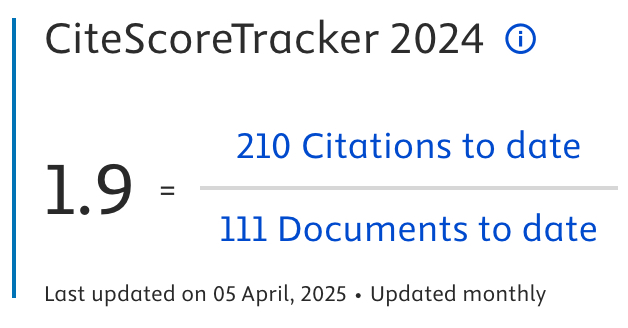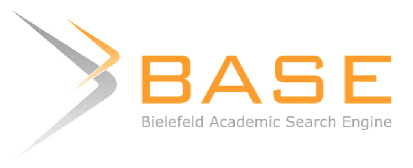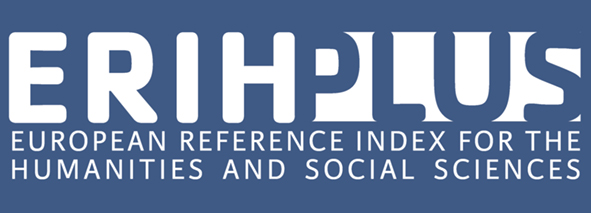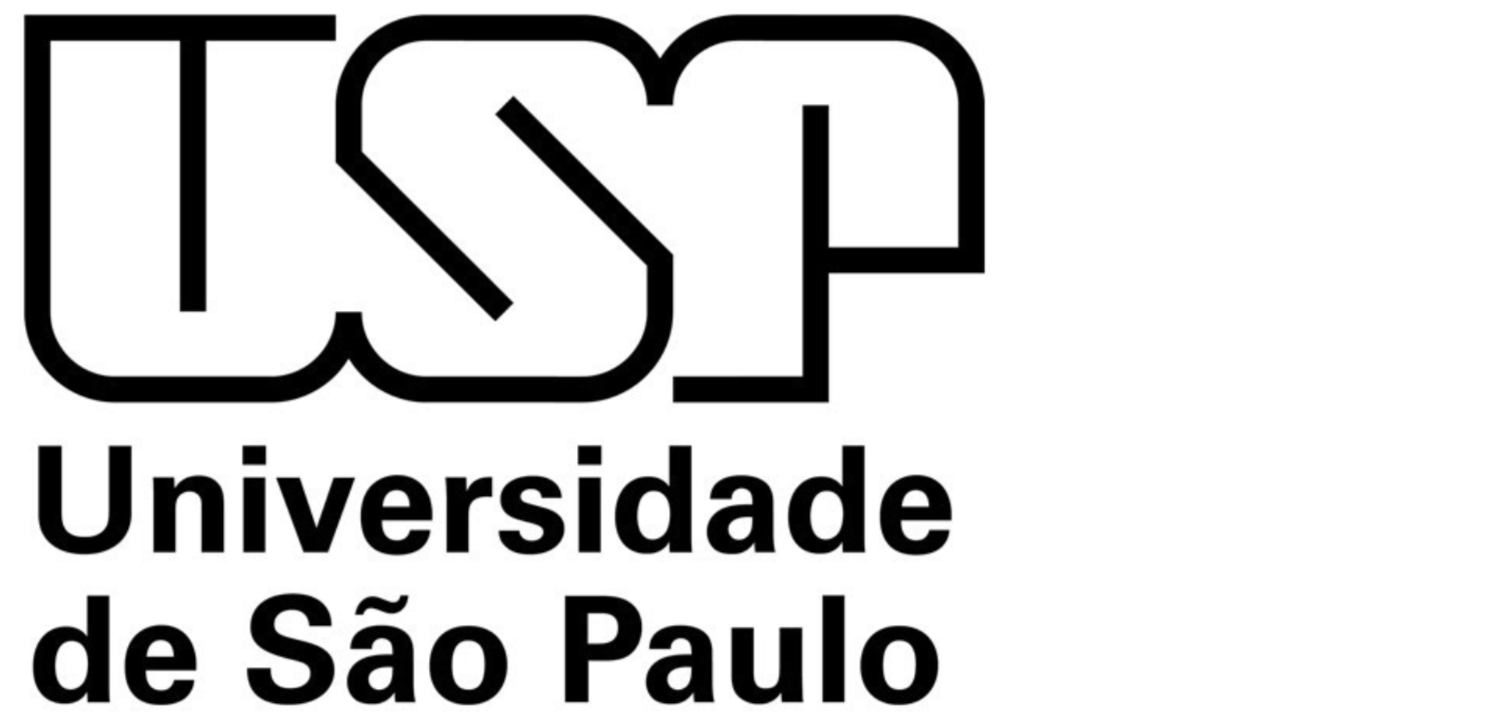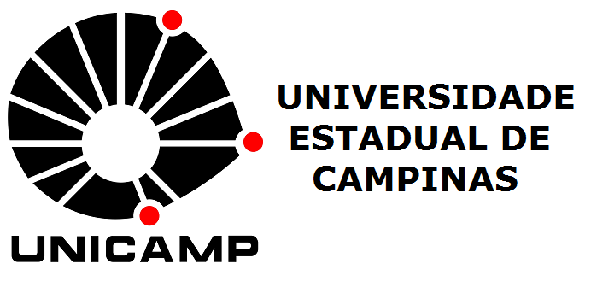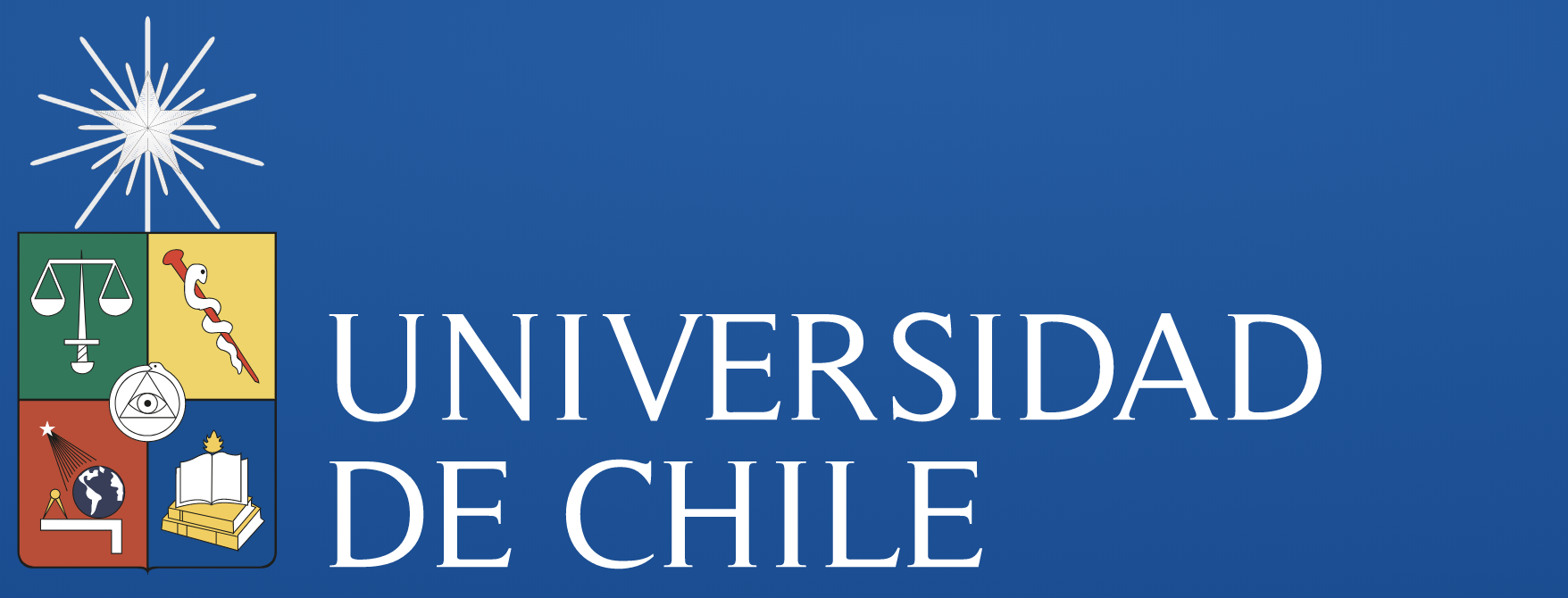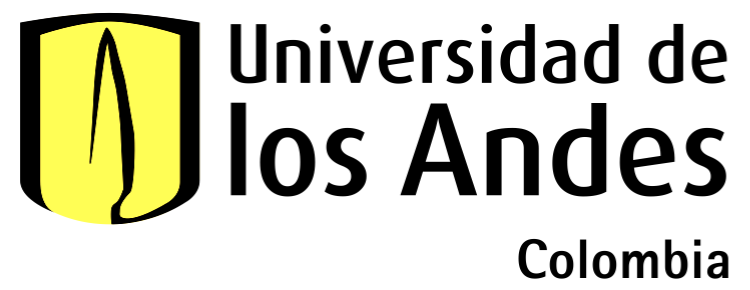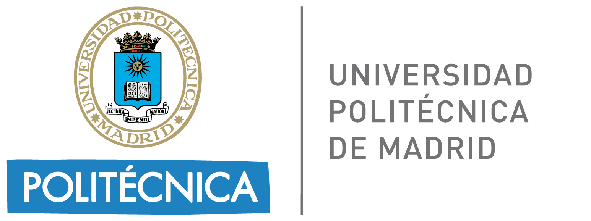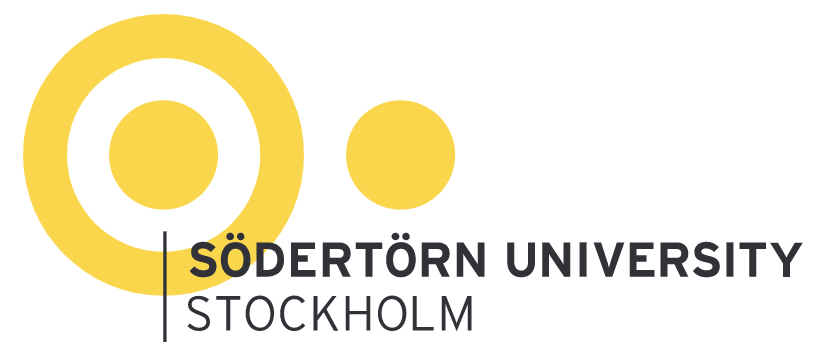
AGATHÓN
International Journal
of Architecture, Art and Design
ISSN (online) 2532-683X
ISSN (print) 2464-9309
About the Journal
EDITORIAL POLICIES
- Aims and Scope
- Section Policies
- Double-Blind Peer Review Process
- Digital Archiving
- Open Access Policy
- Article Processing Charges (APC)
- Publication Frequency
- Indexing and Abstracting
- Ethical Code
- Copyright Notice
- License for Published Contents
- License for Metadata
- Author Self-Archiving Policy
- Privacy Statement
- Aims and Scope
AGATHÓN is an Open Access International Scientific Journal of Architecture, Art and Design (indexed by SCOPUS), a half-year tool for information and critical training; it aims to contribute to the growth and dissemination of knowledge in the themes covered by Urban Planning, Architecture, Engineering, Art and (product and visual) Design. Therefore, the Journal represents a scientific place where Authors who have carried out original research can find an opportunity to spread their contributions. Each issue of the Journal includes essays and research works on a specific theme, unpublished works and not submitted for publication with other publishers.
Through its internal Board, the Journal promotes and monitors the double-blind peer review process to select articles, providing a mandatory form for reporting. The contributions are published in English and Italian to be placed in the widest range of the international scientific communities. The founding principles of the Journal are originality/innovation, the relevance of the investigated topic for the advancement of knowledge, the knowledge and ability to use literature, methodological rigour, the content clarity and presentation style, the impact on the scientific community, but also the easy accessibility and the wide diffusion of the articles; furthermore, the Journal is open to speculative empirical and descriptive research, about phenomena that present new characters, at least for certain important features.
- Section Policies
AGATHÓN adopts a Double-Blind Peer Review Process. Published articles are inserted in one of the sections
"Architecture" (architectural, urban, landscape and interior design, exhibition and museum design, representation technology, history, recovery and restoration)
"Art" (modern and contemporary)
"Design" (for industry, crafts and communication)
and are classified into the following categories: "Essays & Viewpoint", "Research & Experimentation", "Review Articles" or "Dialogue" (interview).
The articles of the Scientific Director and the (invited) Authors/Scholars who are renowned and/or experts in the subject will be published in the section "Focus" and will not be submitted to the double-blind peer-review process (in the first two issues a note declares this at the end of the single contribution).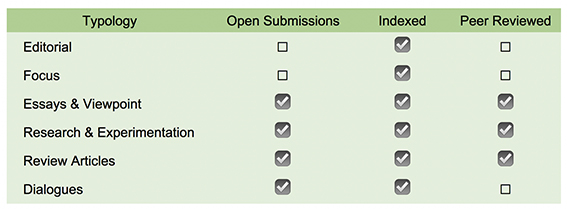
- Double-Blind Peer Review Process
Articles published in AGATHÓN are subjected preliminarily to peer and anonymous selection and evaluation procedures (the first on abstracts by the entire Editorial Board, the second on papers by the Editorial Board and members of the Editorial Board who are experts on the subject matter, the third on the papers by the Reviewers), considering them an indispensable condition to verify on the one hand the quality, relevance and impact, originality/innovativeness of the contents, and on the other hand the clarity and correctness, methodological rigour, and completeness of the scientific texts with respect to international standards. Therefore, only articles that pass the entire editorial process are accepted for publication.
The double-blind peer review process is intended – within AGATHÓN's editorial policy – as an opportunity for critical and constructive discussion on the form, structure and content of the contributions so that the Authors can become aware of the quality already achieved and how to implement it by making the most of one's research work before publication and dissemination of its results. The Directorate is solely responsible for the review process and the final decision on publishing the proposed articles.Therefore, AGATHÓN adopts the double-blind peer review process, with the collaboration of two Referees who will fill out the Review Form. The following stages organize the editorial process:
- Authors who intend to publish their contributions are invited to download and read the review form before submitting an abstract (using only the .doc file downloadable at the webpage 'Information – For Authors and Submission') according to the Call for Papers; the contents of the contribution should consider essays, studies, researches and experimentations coherent with the subject of the Call.
- The Directorate and Editor in Chief eliminate specific identifying elements of the Authors and submit the abstracts anonymously to the Editorial Board for a judgment. The decision on the contributions to be selected remains with the Directorate.
Abstracts will be selected according to the following quality criteria: originality/innovation, relevance of the investigated topic for advancing knowledge, knowledge and ability to use literature, methodological rigour, content clarity and presentation style, and impact on the scientific community.
- The evaluation result is forwarded to the Authors according to the forms indicated in the Call. The Authors of accepted abstracts must submit the complete manuscript in Italian or English within the deadline stated in the Call; the referral begins after the correct and complete reception of the material to be submitted to the Referees.
- The evaluation procedure is performed through a “double-blind peer review”, during which the contribution to be examined is sent to two different Referees external to the Editorial Board (among scholars and/or researchers of the Scientific/Academic Community). In a few cases and only because of their high qualification and the specificity of the topic, the Scientific Director can avail himself of the collaboration of Members of the Scientific Committee as Referee, without prejudice to the double-blind peer review. The Authors never know the names of the Referees who have examined their work, and vice versa. The Scientific Director identifies the Referees for each contribution submitted for their specific competence. In the contribution sent to the Referees, all references that may attribute the Authorship to the Author (any notes, biography, bibliographical references, etc.) are deleted. Referees at the same time receive an evaluation sheet of the contribution to be filled in, which includes: evaluation criteria, acceptance options (accepted, accepted with minor changes, to reconsider after major changes) or unsuitability to the publication, final evaluation, comments for Authors, and reasons for any refusal. If he deems it useful/necessary, the Scientific Director suggests further modifications/integrations to improve its quality and compliance with international standards.
- The paper must be approved unanimously by both Referees, both in the case of acceptance or refusal; in the event of a discrepancy between the two opinions, the paper is sent to a third Referee, whose evaluation will allow obtaining an overall decision (2 out of 3) which could be decisive for the decision on publication. With the acceptance of the contribution, the Referees also provided comments and notes, helping with their advice to improve the assessment subject.
- The Evaluation and Guidelines of the Referees are communicated to the Author or Authors who proceed to the final writing of the contribution according to the format requested by the Journal. The final decision is the Scientific Directors. In particular cases, for example, if the Author's revisions involve substantial structure and/or content changes, the Directorate can decide to activate the double-blind peer review process again.
- The list of Referees who collaborate in the Journal will be inserted in the first issue of the following year in which the referral activities were carried out (without specifying the number of the Journal and for which articles) as a thank you for the collaboration provided and as a form of transparency with respect to the procedure adopted.
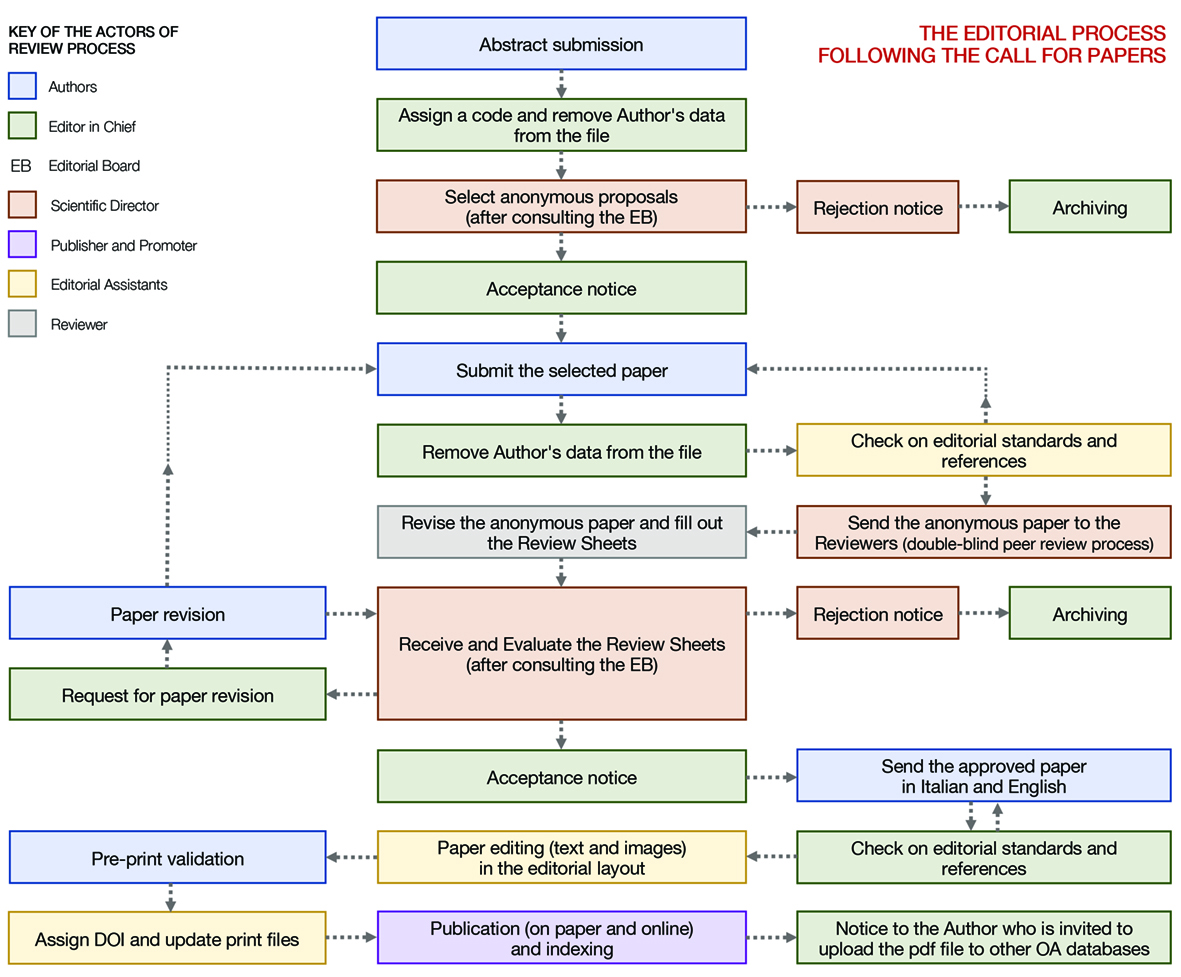
- Digital Archiving
We intend and expect to continue to publish our Journal for a very long time. If, due to some rare and unpredictable circumstances, we are forced to stop publishing the Journal, the manuscripts published in the Journal will be kept online and accessible to the readers for at least ten more years.
Our electronic content (website, manuscripts, etc.) is stored on three different sources. Content on the OJS platform is online and accessible to the Readers. The copy of the same content is kept as a backup on two other sources. In case of one server's failure, any other sources can be made online, and the website will be accessible within 72 hours.
- Open Access Policy
AGATHÓN is an Open Access Journal, in the sense that it guarantees that no user, no university Library and no individual Reader will have to pay a pay-per-view fee to have access to the published contents; this on the principle that making research freely available to the public supports a widest global exchange of knowledge.
All articles are available on the internet to all users immediately upon publication.
AGATHÓN is published under a Creative Commons Attribution Licence 4.0 (CC-BY).
This License allows anyone to download, reuse, reprint, modify, distribute and/or copy the final version of the papers. The works must be properly attributed to its/their Author(s). It is unnecessary to ask further permission from either the Author(s) or the Journal Board, although you are kindly requested to inform the Journal Board of every reuse of the papers. Authors who publish on AGATHÓN maintain the copyrights.In order to 'Publisher copyright policies & self-archiving', the Board is working to register the Journal to RoMEO/SHERPA (request of July 2019).
- Article Processing Charges (APC)
To cover the costs of running the Journal, AGATHÓN has decided to avail itself of a contribution from the Authors of the individual articles; they are, therefore, invited to contribute financially towards the editorial services (APC – Article Processing Charge) only if the paper is accepted for publication, after the peer-review process and any potential revision of the manuscript. The APC amounts to € 450.00; in the case of papers signed by several Authors, the APC will be increased by € 50.00 for each Author in addition to the first. The APC must be paid according to the instructions that will be sent to the Authors in the e-mail of the acceptance of the article for publication. To encourage the publication of contributions by Authors with a primary affiliation in countries defined by the World Bank as "low-income and lower-middle-income economies", AGATHÓN will select a maximum of two authors to publish their contribution for free, subject to the positive outcome of the double-blind peer-review process.
- Indexing and Abstracting
AGATHÓN is indexed in the following databases:
- SCOPUS
- ANVUR
- GOOGLE Scholar
- DOAJ – Directory of Open Access Journals
- BASE – Bielefeld Academic Search Engine
- OpenAIRE
- JURN
- WorldCat
- MIAR | Information Matrix for the Analysis Journals
- ULRICHSWEB
- ROAD – Directory of Open Access Scholarly Resources
- EZB – Elektronische Zeitschriftenbibliothek
- EBSCO
- ERIH PLUS
AGATHÓN is also indexed in Digital University Library in North America, South America, Europe, Asia, Australia and Africa.
- Ethical Code
AGATHÓN is a Scientific Journal adopting the double-blind peer review system and inspired by the current ethical code of publications developed by the COPE (Committee on Publication Ethics) – ‘Best Practice Guidelines for Journal Editors’ and ‘Principles of Transparency and Best Practice in Scholarly Publishing’. Accordingly, the Journal takes all possible measures against malpractice in the publication process and ensures best practices in publication ethics. All parties involved share and pursue the following publication ethics: the Managing Director, Scientific Director, Scientific Committee, Editorial Board, Editorial Staff, Authors, and Reviewers.
Duties of Directors and Editorial BoardDecisions on Publication – The publication of the articles is subject to the outcomes of the review process and the final opinion of the Directorate. The Journal Directorate may confer with editors or reviewers (or society officers) in making this decision. In his decisions, the Journal Directorate is required to respect the strategies and the editorial setting of the Journal; he is also bound by the applicable laws on defamation, copyright infringement, and plagiarism. AGATHÓN adopts the scientific evaluation system of articles that is internationally known as peer-reviewing. Each text is assigned to be read by two referees anonymously (double-blind peer review). The person responsible for the Review Process is the Scientific Director. Referees are identified according to a criterion of competence and high qualification in the field.
Correctness – The Director and the Editorial Board evaluate the articles proposed for publication based on their content without discrimination of race, gender, sexual orientation, religion, ethnic origin, citizenship, the political orientation of the Authors, as well as their didactic belonging, encouraging responsible behaviour and discouraging bad conduct. Suppose the Scientific Director and/or the Editorial Board find or receive reports of errors or inaccuracies, conflicts of interest or plagiarism in a published article, even after years of its publication, they will promptly notify the Author and the Publisher, undertaking the necessary actions to clarify the issue and, if necessary, withdraw the item or post a retraction.
Conflict of Interest, Transparency, and Discretion – The Director and Editorial Board undertake not to use in their research the content of an article proposed for publication without the Author’s written consent. Contributions submitted by the Editorial Board for Publication are subject to the same assessment procedure, which will be anonymous and objective. Articles in sponsored media should only be accepted on the merits and readers’ interest and not be affected by commercial considerations. The articles of invited Authors, as well-known and experts on the topic, which are not subject to peer review procedure, must be published in the “Focus” Section. The list of Referees who collaborate in the Journal will be inserted in the first issue of the following year in which the referral activities were carried out (without specifying the number of the Journal and for which articles) as a thank you for the collaboration provided and as a form of transparency with respect to the procedure adopted. The Directorate and any Editorial and Scientific Committees must refrain from disclosing any information on the papers submitted to the Journal.
Quality – The Director and the Editorial Board periodically evaluate the peer review process to introduce possible improvements. The Director also reserves the right to turn to a third Referee in case of discrepancy between the opinions of the first two. Collaboration with a Referee will be permanently interrupted if – in one or more moments – times and ways provided by the evaluation procedure are not respected.
Errors in published articles – The Director and Editorial Board are always available to publish corrections, clarifications, retractions, and apologies if needed.
Duties of RefereesContribution to Editorial Decision – Peer Review is a procedure that helps the Director make decisions on proposed articles and can help the Author improve his/her contribution.
Time respecting – The Referee, who does not feel qualified to review the assigned manuscript or knows that he or she cannot perform the review within the required period, must immediately notify the Directorate of his or her decision, renouncing participation in the revision process.
Discretion – Any text assigned to the Referee anonymously must be considered confidential. Therefore, such texts should not be discussed with other people without the express permission of the Directorate.
Objectivity – The peer-review must be conducted objectively. Any personal judgment on the Author is to be considered inappropriate. Referees are required to adequately motivate their judgments by completing a standard form provided to them by the Directorate.
Knowledge of the sources – Referees should identify relevant published works that the Authors have not cited. A specific bibliographic reference should accompany any statement, observation, derivation, or argument previously mentioned. A Referee must also draw the Director’s attention to any substantive similarity or overlap between the manuscript in question and any other published document he may have personal knowledge of.
Conflict of Interest and Disclosure – Confidential information or indications obtained during the peer-review process should be considered confidential and cannot be used for personal purposes. If the Referee identifies the Authorship of the essay submitted to his assessment and conflicts of interest due to any previous collaboration, he or she is required not to accept the evaluation; the same applies in case a competitive situation arises. Suppose the Referee asks for changes to the text as a condition of its publication, and the Director finds it appropriate, the Directorate may verify the adoption by the Author – to the extent that the Author decides to accept them – before giving the final consent to the publication.
Duties of AuthorsOriginality and plagiarism – Authors are required to submit to the exam for the publication of original and unpublished contributions; if the words of other Authors have been used, they must be appropriately paraphrased or quoted literally; in any case, the reference to the work of other Authors must always be indicated. The Authors are obliged to cite all publications that have influenced the nature of the proposed work. Manuscripts must contain sufficient details and references to allow others to replicate the research. Fraudulent or voluntarily incorrect statements are unethical and inadmissible.
The Authors of the reports on original research should present an accurate presentation of their work, as well as an objective discussion of its importance. The cited data should be precisely represented in the manuscript; it must contain sufficient details and references to allow others to replicate the research done.Dangers and activities on humans or animals – If the paper refers to the use of chemicals, procedures or equipment that present unusual dangers, the Author must identify them; if experiments or activities on humans or animals are described, the Author should ensure that the manuscript contains a statement that all the procedures have been carried out in compliance with relevant institutional laws and guidelines and that the competent institutional committees have approved them. Authors should include a statement at the end of the manuscript indicating that informed consent has been obtained for experimentation with human subjects. The right to privacy of human subjects must always be respected.
Multiple, repetitive and/or competing publications – The Author agrees not to publish articles that describe the same search results in more than one Journal or volume. To simultaneously propose the exact text to multiple journals is ethically incorrect.
Recognizing the Sources – Appropriate recognition of the work of others must always be given. Authors must quote publications that have been influential in determining the nature of their work. Private information, such as conversation, correspondence, or discussion with third parties, should not be used or reported without the express written permission of the source.
The Authorship of the work – The Author who submits the text for evaluation must ensure that all those who have made a significant contribution to the design, creation and re-elaboration of the research underlying the article appear to be co-Authors and must ensure that they have given their approval to the final version of the article and the publication of AGATHÓN. If other people have participated significantly in some phases of research, their contribution must be explicitly acknowledged. The main Author should ensure that all co-Authors have seen and approved the document's final version and have accepted their submission for publication.
Conflict of Interest and Disclosure – When presenting their contribution to AGATHÓN, the Authors implicitly admit that no conflicts of interest may have affected the results achieved or the interpretations proposed. Authors should also indicate any financial sources of the research and/or project that enabled the article to be achieved.
Errors in Published Articles – When an Author finds a relevant error or inaccuracy in an article, he/she must promptly notify the Editorial Board by providing all the necessary information to report any necessary corrections.
- Copyright Notice
The Journal allows the Authors to hold the copyright without restrictions; however, when submitting their paper, they agree to the following License for Published Content.
- License for Published Contents
This Journal is published under Creative Commons Attribution Licence 4.0 (CC-BY).

License scheme | Legal code
This License allows anyone to:
Share: copy and redistribute the material in any medium or format.
Adapt: remix, transform, and build upon the material for any purpose, even commercially.
Under the following terms
Attribution: Users must give appropriate credit, provide a link to the License, and indicate if changes were made; users may do so in any reasonable manner but not in any way that suggests the licensor endorses them or their use.
No additional restrictions: Users may not apply legal terms or technological measures that legally restrict others from doing anything the license permits.
Notices
Users do not have to comply with the License for elements of the material in the public domain or where their use is permitted by an applicable exception or limitation.
No warranties are given. The License may not give users all the permissions necessary for their intended use. For example, other rights such as publicity, privacy, or moral rights may limit how you use the material. - License for Metadata
This Journal is published under the Creative Commons Attribution License (CC0 1.0 Universal) Public Domain Dedication
License scheme | Legal codeThis Journal publishes articles' metadata dedicated to the public domain by waiving all publishers’ rights to the work worldwide under copyright law, including all related and neighbouring rights, to the extent allowed by law. You can copy, modify, distribute and perform the work without permission, even for commercial purposes.
- Author Self-Archiving Policy
AGATHÓN encourages the Authors to upload their articles in Open Access and extended form – immediately after publication in the Journal – to databases, personal, institutional and scientific disclosure websites (such as academia.edu and researchgate.net), declaring that the contribution was published in the Journal.
- Privacy Statement
General Data Protection Regulation 2016/679
In light of GDPR 2016/679, LetteraVentidue Edizioni S.r.l. informs its members, users and authors (generically referred to as “users”) on:
- Purpose of the Treatment
The data the users provide will be used to promote, through informative e-mails, the various scientific-cultural activities referred to the AGATHÓN, | International Journal of Architecture Art and Design, and those related to the portal of scientific Journals NetScientificJournals.com
- Processing methods
The data may be processed by the Data Controller and by the people in charge (see point 5) under the direct authority of the first, exclusively to achieve the aims outlined in point 1. The processing of personal data (e.g. collection, recording, organization, storage, reading, processing, editing, selection, extraction, comparison, use, interconnection, blocking, communication, erasure and dissemination of the data) is performed manually and electronically. Data are stored in a paper archive and in an electronic database designated to fulfil the obligations mentioned above and purposes. The data in the aforementioned automated information system are processed using appropriate security measures to minimize the risk of destruction or loss, unauthorized access or processing that does not comply with the collection purposes. Furthermore, the data will be kept in the archives of the Data Controller for the time necessary for the purposes indicated above, as well as to fulfil the legal obligations imposed. The processed data must be strictly inherent and complete and not exceed the aims pursued.
- Provision of data
The provision of data for the purposes outlined in point 1 is necessary to access the services offered by LetteraVentidue Edizioni S.r.l.
- Communication and dissemination of data
The User's data will not be communicated or disclosed to third parties in Italy or abroad except for the purposes referred to in point 1. The User's data will not be sold, transferred, or shared with third parties that carry out activities of marketing and/or data processing; e-mails are sent from Gmail by the domain registered with phplist, whose privacy policies can be viewed respectively on the websites:
www.google.com/privacy_ads.html
www.phplist.com/knowledgebase/eu-gdpr/
The data that will help develop this platform (OJS) can be shared with its developer, Public Knowledge Project (PKP), in an anonymized and aggregate form, with appropriate exceptions on article metrics.- Data Controller
The owner of the processing of personal data is the CEO of LetteraVentidue Edizioni S.r.l.
- Rights of the interested party
The user can exercise, pursuant to articles 15 to 22 of EU Regulation no. 2016/679, the right to: a) request confirmation of the existence or otherwise of your personal data; b) obtain information about the purposes of the processing, the categories of personal data, the recipients or the categories of recipients to whom the personal data have been or will be communicated and, when possible, the storage period; c) obtain the correction and deletion of data; d) obtain the treatment limitation; e) obtain the portability of the data, that is, receive it from a data controller, in a structured format, commonly used and readable by an automatic device, and transmit it to another data controller without hindrance; f) object to the processing at any time and also in the case of processing for direct marketing purposes; g) oppose an automated decision-making process relating to natural persons, including profiling; h) ask the data controller to access personal data and to correct or delete them or limit the processing that concerns them or to oppose their treatment, in addition to the right to data portability; i) revoke the consent at any time without jeopardizing the lawfulness of the processing based on the consent given before the revocation; j) to lodge a complaint with a supervisory authority.
To exercise his rights, the user can request by e-mail to redazione@agathon.it

